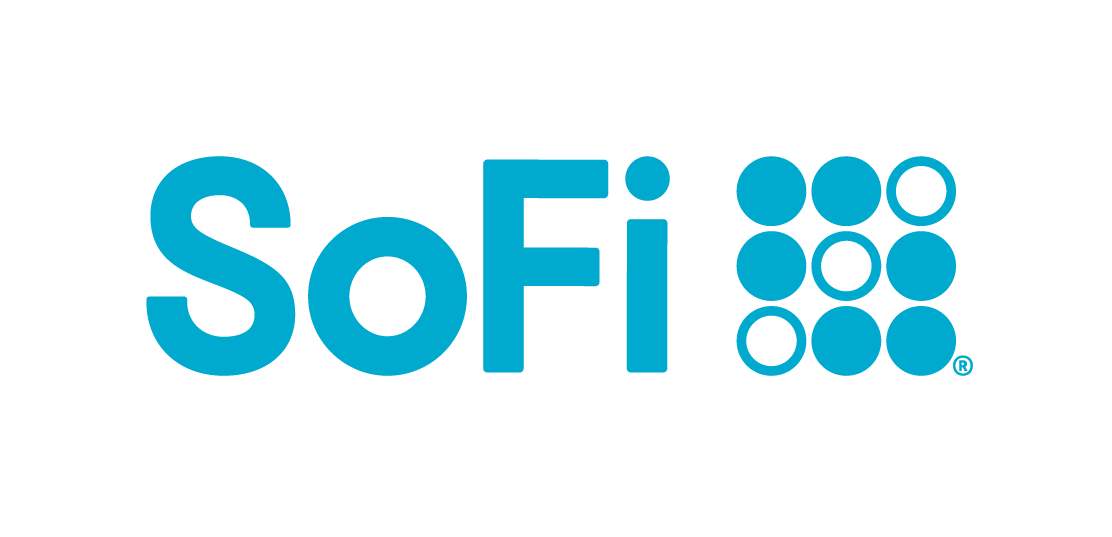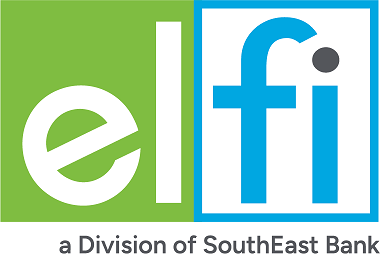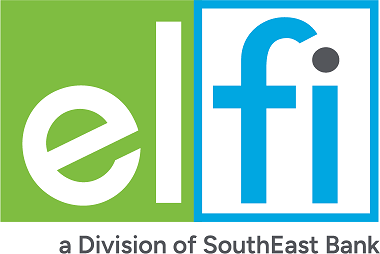Managing student loans can seem daunting, but gaining a clear understanding is crucial for financing your education. When savings, scholarships, or federal loans fall short, private student loans can step in to bridge the gap. They offer the additional funds needed to cover tuition, fees, and other educational costs, helping to make college more attainable for many students.
Selecting the right interest rate for your private loan is an important decision that can impact your financial stability down the line. Private loans may come with either fixed or variable interest rates, each offering its own benefits and drawbacks.
Understanding Fixed and Variable Interest Rates
When it comes to private student loans, comprehending the nature of fixed and variable interest rates is important for making informed financial decisions. Let's take a closer look at these two types of interest rates.
Definition of a Fixed Interest Rate
A fixed interest rate on a student loan is one that remains constant throughout the entire term of the loan. This means that from the moment you take out the loan until the day it's fully repaid, the interest rate you agreed upon will not change.
Characteristics of a Fixed Interest Rate:
- Stability: Since the rate doesn't change, your monthly payments remain predictable and consistent, making it easier to budget and plan for the future.
- No surprises: You are protected from market fluctuations, ensuring that if interest rates rise in the broader market, the rate on your loan won't follow suit.
Definition of a Variable Interest Rate
In contrast, a variable interest rate can change over the life of the loan. These rates are typically tied to a specific index or benchmark, such as the Secured Overnight Financing Rate (SOFR).Characteristics of a Variable Interest Rate:
- Fluctuation: Your interest rate—and hence your monthly payments—can go up or down based on changes in the market or the benchmark index.
- Potential for lower initial rates: Variable interest rates often start lower than fixed rates, which can make them appealing in the short term.
- Risk of rate increases: There's always the possibility that rates could increase over time, resulting in higher payments.
Understanding these characteristics can help you decide which type of interest rate might be more advantageous for your financial situation. Whether you value the predictability of fixed rates or are willing to take on the risk—and potential reward—of a variable rate, knowing the pros and cons of each is a valuable step in managing your student loan debt effectively.
Pros and Cons of Fixed Interest Rates
When considering a fixed interest rate for your student loan, it's important to weigh the pros and cons to determine if it fits your financial needs.
Pros of Fixed Interest Rates:
- Predictability: One of the main advantages of fixed interest rates is the certainty they provide. Your monthly payments will remain the same throughout the life of the loan, allowing for straightforward, predictable financial planning.
- Easier budgeting: This predictability translates to easier budgeting since you won't have to adjust your financial plans to accommodate fluctuating interest costs.
- Protection against rising interest rates: With a fixed rate, you're safeguarded against potential increases in interest rates. Even if the market sees significant rate hikes, your rate—and your monthly payment—stays unwaveringly stable.
Cons of Fixed Interest Rates:
- Potentially higher initial rates compared to variable options: Fixed interest rates often start higher than variable rates. This means you could be paying more in interest at the beginning of your loan term compared to a variable rate loan.
- Limited benefit if market rates decline: If market interest rates fall, those with fixed rate loans won't benefit from the reduced rates, potentially missing out on savings they could have gained with a variable rate.
Pros and Cons of Variable Interest Rates
Evaluating the pros and cons of variable interest rates can help you determine if this type of interest rate is suitable for your student loan needs.
Pros of Variable Interest Rates:
- Potentially lower initial rates: One of the appealing features of variable interest rates is that they often start lower than fixed rates. This can lead to reduced initial borrowing costs, making your monthly payments more manageable in the short term.
- Opportunity to benefit from declining market rates: If market interest rates decrease, the interest rate on your loan could also drop. This can result in lower monthly payments and overall interest costs, providing potential savings over the life of the loan.
Cons of Variable Interest Rates:
- Uncertainty in monthly payment amounts: A major drawback of variable interest rates is the uncertainty they bring. Since the rates can fluctuate based on market conditions, your monthly payments can vary, making it more challenging to predict and plan your finances.
- Risk of increased payments if interest rates rise: The flip side of potentially benefiting from declining rates is the risk of increased payments if interest rates go up. This could lead to higher monthly payments and increased overall costs, potentially straining your budget.
- More challenging to budget for long-term financial planning: Due to the variability in interest rates, long-term financial planning can become more complex. The unpredictability might make it difficult to set and maintain a consistent budget.
Weighing these pros and cons can assist you in deciding whether a variable interest rate loan aligns with your financial strategy. While they offer the potential for initial savings, the associated uncertainties require careful consideration and a willingness to adapt to changing financial conditions.
Considerations When Deciding Between Fixed and Variable Rates
Choosing between fixed and variable interest rates for your student loans involves careful evaluation of several factors. Here are some key considerations to help guide your decision:
Financial Stability:
Assess your personal risk tolerance and overall financial security. If steady, predictable payments fit better with your budget and financial planning, then a fixed interest rate might be the better choice. On the other hand, if you have a stable income and some financial flexibility to handle potential payment increases, a variable rate could offer savings opportunities.
Market Trends:
Take a close look at both the current and projected interest rate environments. If the market indicates that interest rates are likely to rise in the near future, a fixed rate can offer protection against those increases. Conversely, if the forecast shows that rates may decline or remain low, a variable rate could benefit you with lower payments over time.
Loan Duration:
Consider the length of your repayment plan. For short-term loans, the lower initial rates of a variable interest loan could result in significant savings before rates have a chance to rise substantially. However, for long-term loans, the stability and predictability of a fixed rate might provide peace of mind and easier financial management over the years.
Personal Preferences:
Think about your personal preference for financial stability versus your willingness to accept risk for potential savings. A fixed rate offers the comfort of consistent payments, simplifying budgeting and planning. Alternatively, if you're open to the possibility of fluctuating payments with the hope of lower overall costs, a variable rate could be appealing.
By considering these factors, you can make a more informed decision that best suits your financial goals and personal circumstances. Balancing stability, market trends, loan duration, and your own financial comfort level is crucial in selecting the right interest rate type for your student loan.
























